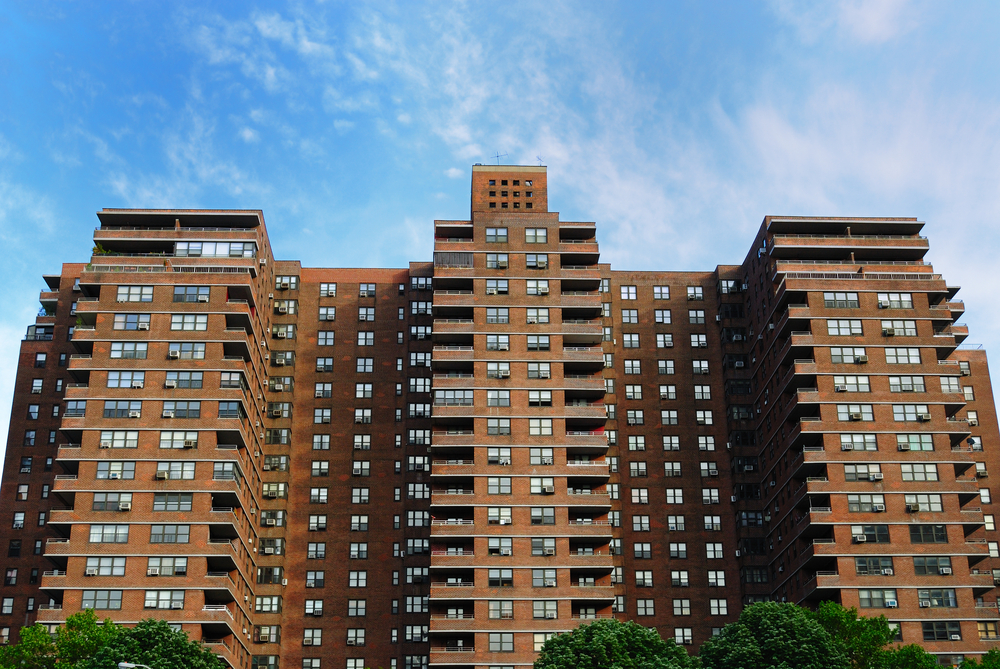
Sean Pavone/Shutterstock
.
Public housing is increasingly taking a role in supporting kids’ education, according to Megan Gallagher, senior research associate at the Urban Institute. Such supports include after-school and summer learning programs, tutoring and mentoring.
“So many schools are grappling with parent engagement,” she said. “A lot of educators are thinking about how to reach children and parents at the same time … [and] you can reach them where they live.
“After-school programming in housing is an important area to make people aware about. It’s about understanding the value of healthy and supportive housing,” Gallagher said.
Safe, affordable, good-quality housing is “fundamental to personal well-being and security,” according to Harvard’s State of the Nation’s Housing 2018. But millions of families pay so much for housing that they must stint on food, health care, savings and other expenses, the report said. About 19 million families in the nation are defined as very low income.
The nation has about 1.1 million public housing units overseen by more than 3,000 local housing authorities.
The Council of Large Public Housing Authorities, composed of 70 of the largest housing authorities across the nation, started an education initiative in 2013.
It funded research by the Urban Institute to look at housing and education partnerships in three cities: Vancouver, Wash.; New Haven, Conn., and Akron, Ohio.
The public housing authority in New Haven, Elm City Communities, has more than 6,000 residents, including more than 2,000 school-age kids, living at a number of sites throughout the city. Their average household income is less than $16,000.
The authority offers academic support to kids after school, seeks to engage parents and families and works to link youth to opportunities after high school. One of its innovative programs offers housing for teachers who agree to provide homework help at McConaughy Terrace and Waverly Townhouses. The housing authority also partners with the New Haven Boys & Girls Club at two sites, Eastview and Westrock.
The Vancouver Housing Authority provides subsidized housing to 6,800 people with an additional 1,800 apartments that are priced affordably.
It offers a program called Campus of Learners at the Skyline Crest location. Staff members help families identify resources and activities for kids. The lease agreement requires parents to maintain children’s school attendance. The housing authority also has a partnership with the nonprofit organization Bridgeview, Boys & Girls Clubs and local schools to provide mentoring and college prep support to high school juniors and seniors. After-school programming and teen activities are offered at the Rise & Stars Community Center.
Both Vancouver and New Haven authorities get funding from Moving to Work, a federal program allowing them to test innovative strategies.
The Akron Metropolitan Housing Authority focuses on early childhood education.
These are “robust efforts,” Gallagher said about the three agencies.
[Related: Can After-school Program at Apartment Complex Turn Around a Failing School?]





























